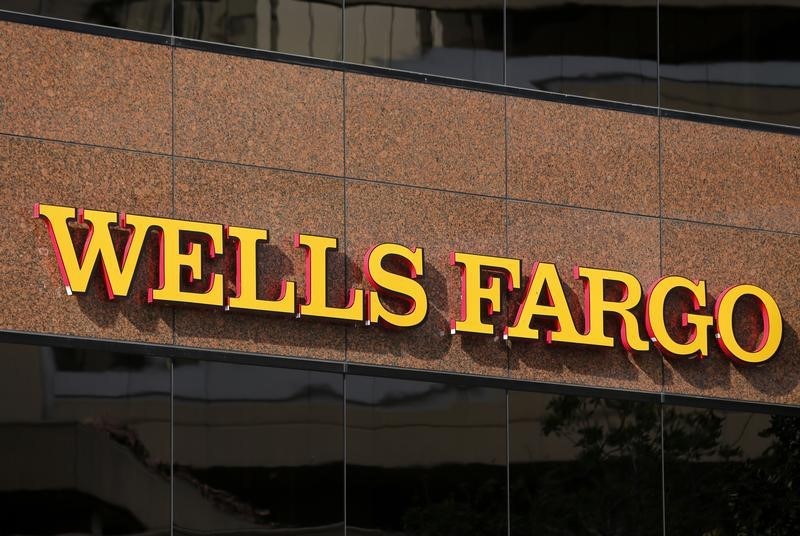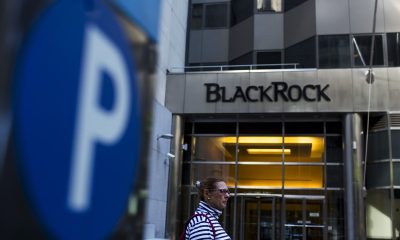Investing
‘Hopeful’ 2023 events risk disappointing investors next year, Wells Fargo warns

© Reuters. ‘Hopeful’ 2023 events risk disappointing investors next year, Wells Fargo warns
Wells Fargo strategists anticipate a turbulent trajectory for inflation to hit the Fed’s 2% target, particularly if the economic slowdown is less pronounced than predicted.
As 2023 draws to a close, Wells Fargo foresees a gradual development of the economic slowdown, emphasizing the waning support from robust consumer spending in early 2024.
Factors contributing to this scenario include the depletion of excess pandemic cash balances across income quintiles, rising credit delinquencies, increased reliance on credit for sustaining purchases, and indications of consumer spending weakness in third-quarter corporate earnings transcripts.
As a result, strategists warn about the potential reversal of the 2023 rally in stocks.
“Investors have anticipated a pivot to rate cuts by the Fed seven times since 2021, but stock
rallies have been reversed in the last six instances,” they said.
“Hopeful developments during much of this year risk disappointing investors in 2024, as cascading weaknesses become more evident.”
The surge in real interest rates experienced in 2023 is expected to exert additional stress on the economy in the coming year, influenced by the lagged impact of Federal Reserve credit tightening.
Wells Fargo envisions the U.S. central bank maintaining the federal funds rate within the 5.25 – 5.50% range until an economic slowdown exerts further pressure on inflation, opting to avoid premature rate cuts that could risk higher inflation.
Despite these challenges, the strategists anticipate critical pivot points in both the economic cycle and Federal Reserve policy. The bank posits that disinflation will gain momentum through a moderate economic slowdown, setting the stage for rate cuts in the latter half of 2024. The impending U.S. presidential election is expected to intensify market volatility.
“Given our base case for the economy, we reiterate our more defensive portfolio guidance, focusing on quality in both equity and fixed-income positions and exercising patience until signs of a new economic cycle emerge,” the strategists concluded.
Read the full article here

-

 Side Hustles6 days ago
Side Hustles6 days ago5 Things That Could Significantly Impact Your Company in 2025
-

 Investing6 days ago
Investing6 days agoNFI Group surge after board reshaped with new appointments, chairperson By Investing.com
-

 Side Hustles4 days ago
Side Hustles4 days agoMicrosoft Is About to Begin Job Cuts. Here’s Why.
-

 Make Money3 days ago
Make Money3 days ago10 Critical Questions to Ask Your Financial Advisor Now
-

 Make Money2 days ago
Make Money2 days ago10 Ways to Make Money As a Graphic Designer
-

 Passive Income5 days ago
Passive Income5 days ago3 Challenges Entrepreneurs Will Face in 2025
-

 Side Hustles5 days ago
Side Hustles5 days agoThe Canadian Media Lawsuit That Could Reshape Tech’s Future
-

 Investing4 days ago
Investing4 days agoWhat CMOs Need to Know About AI Adoption in Marketing Teams


















